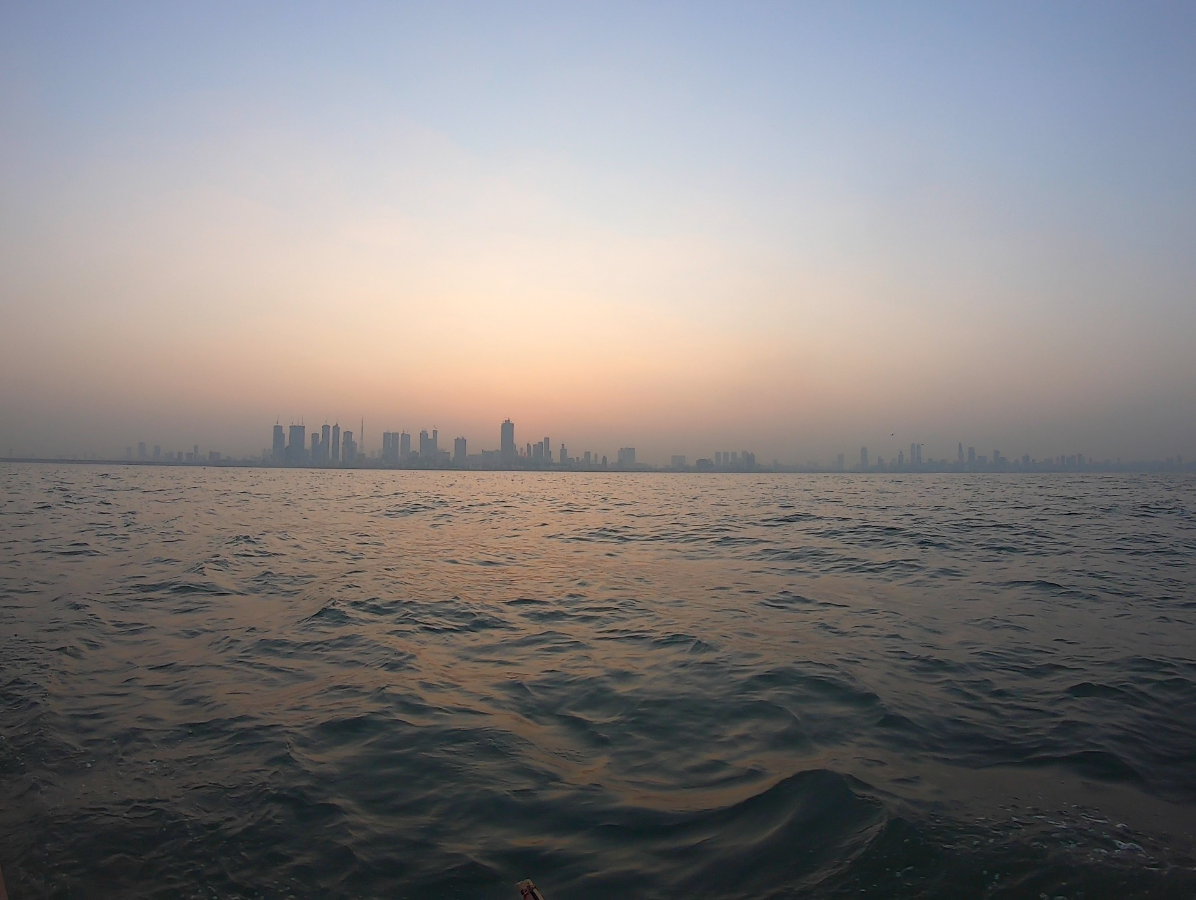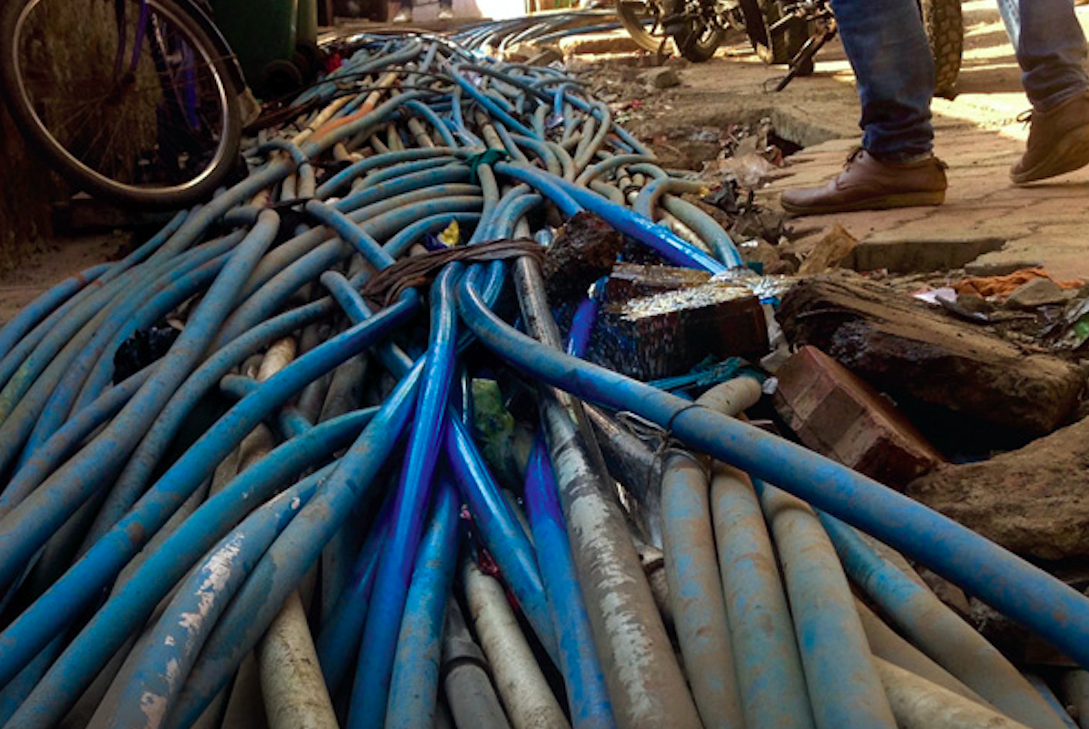
Cities | Environment | Infrastructure | Anthropology
Nikhil’s research focuses on the political ecology of cities, read through the different lives of water. His first book, Hydraulic City (Duke University Press 2017), focuses on the everyday ways in which cities and citizens are made through the everyday management of water infrastructure in Mumbai. His new research project, The Urban Sea, attends to the ways in which coastal cities are actively constituted through social and natural relationships with the sea. By attending to these relations, the project proposes to discover other idioms and paradigms with which to inhabit coastal cities in climate changed waters.
Projects
Hydraulic City
Hydraulic City explores the politics of Mumbai's water infrastructure to demonstrate how citizenship emerges through the continuous efforts to control, maintain, and manage the city's water. Tying the ways Mumbai's poorer residents are seen by the state to their historic, political, and material relations with water pipes, the book highlights the critical role infrastructures play in consolidating civic and social belonging in the city.
The Promise of Infrastructure
While infrastructures promise modernity and development, their breakdowns and absences reveal the underbelly of progress, liberal equality, and economic growth. This tension, between aspiration and failure, makes infrastructure a productive location for social theory. Contributing to the everyday lives of infrastructure across four continents, some of the leading anthropologists of infrastructure demonstrate in The Promise of Infrastructure how these more-than-human assemblages made over more-than-human lifetimes offer new opportunities to theorize time, politics, and promise in the contemporary moment.
Urban Sea
Based on field research with fishers, scientists and planners as they work in the sea, Urban Seas decenters the grounds of urban planning by drawing attention to the ways in which climate-changed seas are remaking coastal cities today.
Ek Dozen Paani
As part of an investigation into the social life of water in Jogeshwari, Ek Dozen Paani is a collaborative project between youth of two community organizations —Aakansha Sewa Sangh and Agaaz —with CAMP. The groups shot on their own, brought their footage into a collective pool, and wrote over images in analytical, diaristic or essay styles. What has emerged is a series of writings, short films and image-vignettes from four different slum areas, each one shot by one group and written over by another, collaboratively authored and edited.
Rising Waters
Rising Waters asks how ongoing urban processes rooted in colonial and modernist land-sea relations recapitulate and reorient histories of vulnerability and inequality in times of climate change. In these uncertain and toxic times, how might we make space for social justice and non-human natures in and along rising urban waters? This expansive, collaborative project of educators, students, planners, health professionals, artists and community members in Philadelphia and Mumbai seeks to explore the futures of river and coastal cities in a time where the lines between land and water are muddied all around us.
Inhabited Sea
Focusing on one of the largest coastal cities in the world, Mumbai, Inhabited Sea examines how cities may be reimagined with the seas, rains, tides, and storms of our climate-changed present. Drawing together scholars, citizen-scientists, researchers, designers, and artists at various institutions we ask: how might existing practices and knowledge of living in wetness animate a different set of imaginaries and plans with which to live and thrive in the climate changed city?





